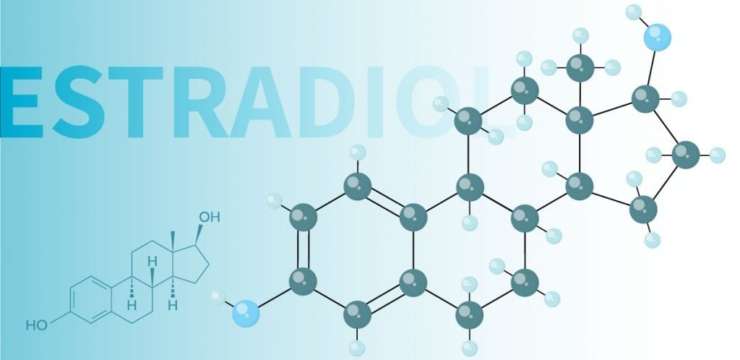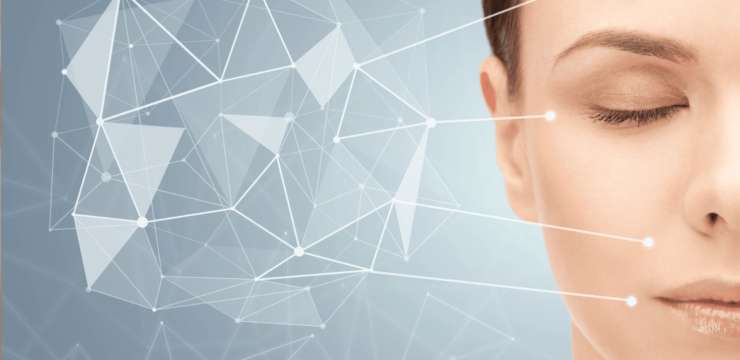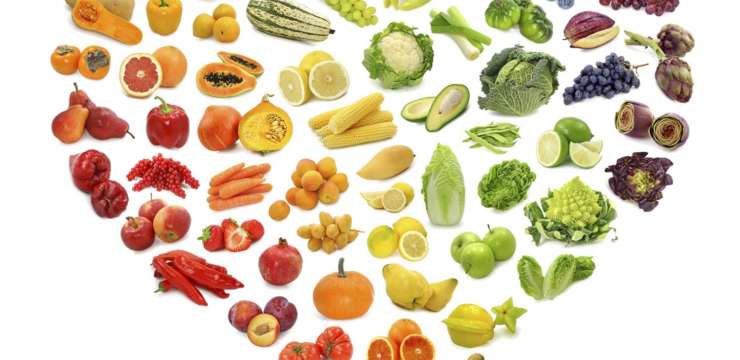Back pain and soreness are widespread conditions that affect all genders, races, and lifestyles. The causes for back pain are varied from injury, poor posture,…

Cancer Health: An abnormal growth of cells which tend to proliferate in an uncontrolled way and, in some cases, to metastasize or (spread). Cancer is not only one disease, but a group of more than 100 different diseases. Cancer can involve any tissue of the body and have many different forms in each area. Most cancers are named after the cell or organ where they start. If a cancer spreads (metastasizes), the new tumor bears the same name as the original (primary) tumor. Cancer is the Latin word for crab. The ancients used the word to mean a malignancy, doubtless because of the crab-like tenacity a malignant tumor sometimes seems to show grasping the tissues it invades. Cancer may also be called malignancy, a malignant tumor, or a neoplasm (literally, a new growth). The frequency of a specific cancer may depend on gender. For example, skin cancer is the most common type of malignancy for both men and women. The second common type in men is prostate cancer and for women is breast cancer. Cancer frequency does not equate to cancer mortality. Most skin cancers are curable. While lung cancer is the leading cause of death for both men and women in the United States today. Benign tumors are not cancer and malignant tumors are cancer. Cancer is not contagious. Cancer Health, In patients with cancer experience significant dynamic physical, psychosocial, and financial challenges. With the increasing number of patients with early stage cancers transitioning to survivorship, there is a critical need to address health promotion and overall well-being. Functional medicine and health coaching may be able to help spread health promotion and educate individuals on cancer and how it starts / some foods that may help your body naturally fight against some cancer-causing agents.

Back pain and soreness are widespread conditions that affect all genders, races, and lifestyles. The causes for back pain are varied from injury, poor posture,…

Introduction The body produces hormones naturally through small triangular-shaped organs that are on top of the kidneys, known as the adrenal glands. The adrenal glands’…

If we take a look at breast cancer, there are common roads that everything links back to. Those roads are an increase in estrogen or activation of the estrogen receptor in the mammary epithelial cell. This is important because there are triggers in our lives that have estrogen or stimulate estrogen production, ultimately leading to an increased risk of developing breast cancer.Â
FactorsÂ
Environmental factors like pollutants and stress are highly associated with breast cancer. For example, the pollutant xenoestrogen has estrogen-like activity. From here, when women age and move towards menopause, they produce more estrogen. When there is a relative increase in natural estrogen plus the pollutants sending the body false signals, we see a relative increase in estrogen and stimulation through the estrogen receptors in the body. A great way to decrease these pollutants and fake hormones is to switch to all-natural products. These fake hormones are being stored in products like:
Aluminum deodorantÂ
Body wash
ShampooÂ
Laundry detergentÂ
Air freshenersÂ
And moreÂ
The other factor mentioned above is stress. The stress that is being referred to in this instance is emotional stress. The type of stress we do not have as much control over (aka physical). The reason we take a look at stress is that stress leads to more cortisol being released throughout the body. More stress can lead to less melatonin production. Consider the fact that those with breast cancer have a decrease in melatonin. Over time, a decrease in melatonin results in an upregulation of estrogen receptors, leading to an increase in estrogen. Ways to help reduce stress include:
MeditationÂ
ExerciseÂ
GroundingÂ
Deep breathing techniquesÂ
DNA
As we have learned over the years, the DNA we are born with is not the DNA we die with. Yes, we are given a specific set of genes when we are born but our environmental factors have been proven to alter the expression of these genes. When we have a highly oxidized reactive molecule, it can adduct with DNA. This ultimately leads to DNA adduct formation that clips portions of our DNA out causing a mutation. Over time, with enough mutations, we can see patients develop cancer and their immune system is unable to fight it off as it no longer works properly.Â

The health of our skin is critical. It is constantly being exposed to many damaging items. However, it is one of the last things we think about to protect. Part of taking care of our skin is protecting it from oxidative stress, toxins, performing regular detoxification, and ensuring we have minimal inflammation. However, just like other factors in life, some of us are genetically pre-disposed to specific issues regarding the skin and its health. To best help our patients with their skin health, we use DNA Skin from DNA Life. It is a genetic test that allows us to gain insight on what areas they are genetically predisposed to and what steps we can take to best protect them

The skin is the largest organ on the body. It is critical that we take care of it properly. There are many things that factor into our skin health, like genetics, inflammation, stress, medication, and unhealthy foods high in sugars. For skin health, all-natural solutions go further as they do not come with the uncomfortable side effects many medications do. Part of treating the skin naturally involves chiropractic care. The spine is the main focus in chiropractic care, but the rest of the body’s health deeply depends on the spine. By getting regular adjustments, we are able to improve the function of the nervous system which helps improve the body overall. Stress is released at higher rates when the spinal cord is not properly aligned. By regulating the spinal cord, you are positively regulating the release of cortisol into the bloodstream. Therefore, lowering the body’s stress and inflammation levels.

Fructose is one of the main components of added sugar. It is a simple type of sugar that makes up about 50 percent of table…

Cancer survivors have a lot on their minds, one being a recurrence. Studies have shown that natural supplements, diet, and exercise can help decrease risk of recurrence. A Mediterranean diet is based on a large diversity of plant-based foods and can help your body receive optimal nutrients post-treatment. Additionally, supplements like curcumin, green tea, vitamin D, and fish oils coupled with 150 minutes of exercise per week help reduce your risk.

Cancer is when a group of cells begin to grow out of hand. Cellular apoptosis or cell death does not occur as frequently as needed. Some natural steps you can take to reduce your risk of cancer is to 1) control inflammation by following an anti-inflammatory diet 2) get rid of all excess toxins. Check your cleaning products and detergents for toxins that may be adding unnecessary chemicals to your body 3) continue with regular check-ups to your physician and getting blood work done when needed 4) Maintain a healthy diet and exercise routine.

The majority of women who are diagnosed with breast cancer continue to use dietary supplements throughout their treatments and for the continuum of their care. Working with your doctor and adding in natural supplements could help decrease your chance of recurrence. Some studied natural supplements include multivitamins, green tea, melatonin, and curcumin. Additionally, adding in 2.5 hours of exercise a week helps improve your chance of fighting off cancers. That’s only 30 minutes a day, 5 times a week!